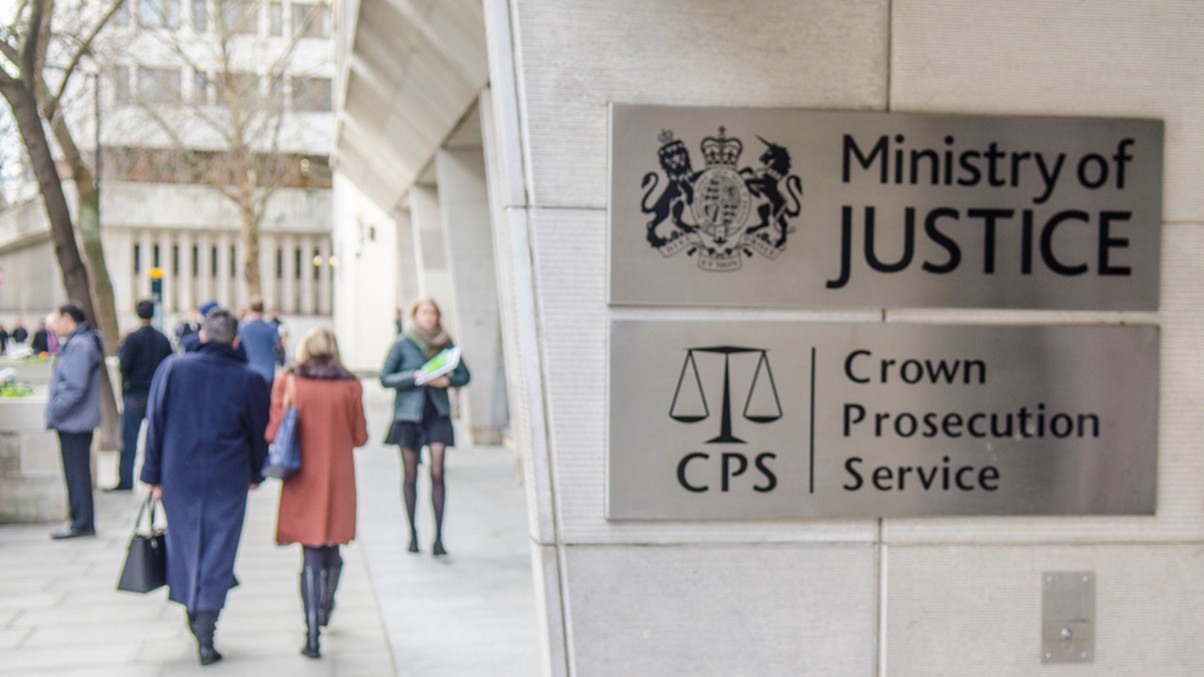With cohabiting couples representing the fastest growing family type in England, the Women and Equalities Committee recently sought views on the longer-term approach to legislative reform in this area. Given the myriad of family and non-family laws applicable to cohabitants, ensuring better and more wide-ranging protection of their rights in the event of relationship breakdown lay at the heart of the inquiry.
Ben Connor gives a break down of Stewarts response to the inquiry.
Defining ‘cohabitation’
Stewarts has suggested that establishing a robust legal definition of the term itself would represent a sensible starting point in any legislative overhaul and go some way to ironing out the inconsistencies within the courts.
A clear, unambiguous definition is required, capturing a relationship between two adults who live together as a couple but who are not married to one another (or in a registered civil partnership). This would bring much-needed simplicity and clarity in guiding the courts and individuals concerned. So too would a non-exhaustive and precisely drafted statutory checklist serving to establish the existence of cohabitation.
Rights on separation or death
The need for legislation to provide cohabiting couples with basic rights in the event of separation or the death of a cohabiting partner was central to Stewarts’ response to this parliamentary inquiry. We offered our support to a framework that incorporated many of the recommendations put forward over the years by Resolution, a community of family justice professionals who have campaigned tirelessly for the rights of cohabitees.
Resolution has carefully formulated proposals that stop short of the assumption of an equal distribution of assets and include the ability for a cohabiting couple to “opt out”. These proposals are sympathetic to the fact that cohabitation is not the same as marriage or civil partnership, and not all cohabiting relationships are the same. In support of Resolution’s proposals, Stewarts further suggested that cohabitants who have lived together for a ‘qualifying period’ or are the legal parents of a child born before, during or post-cohabitation should automatically be eligible to apply for remedies.
Cohabitants currently have limited rights on separation or death and nothing that comes close to the provision made for married couples or those in civil partnerships. While society has moved forward, the law has continued to lag behind, and we have emphasised the need for change.
Equality issues
While not an absolute rule, it is more likely that women will become financially dependent on their cohabitant partner by virtue of staying at home to raise children. The result is that women in this position will likely suffer financial injustice and hardship in the event of separation. Our response noted the inadequacy of the current law, which leaves a cohabitee with limited options at best, largely caused by the minimal financial relief available on the breakdown of a relationship.
Addressing the issue of financial safeguarding was, therefore, central to our response. We also underlined that doing more to implement what is fair at the point of separation, instead of focusing on what had happened during the relationship, would go a long way to address this issue of vulnerability and financial hardship.
Children
The protection of children of cohabiting couples should be a fundamental component of any legislative reform in England and Wales. At present, the law is uncertain and, linked to the equality issues already noted, can produce unfair outcomes. Stewarts has argued that children in those situations would benefit from certain financial protections to combat the devastating effects of family breakdown. Updating the law would better reflect modern society’s objective of minimising the impact of relationship breakdown on children.
Cohabitation vs marriage
Stewarts accepts that the legal solution of conferring rights on cohabitant couples as if they are married is susceptible to criticism. However, we do not share concerns that appropriate cohabitation remedies would cause couples to stop getting married.
The law should recognise that spouses actively take the legal step of marrying, and many cohabitants choose not to marry to avoid some of the formalities that come with marriage/civil partnership. This suggests it is both right and fair that the law does not go so far as to grant cohabitants the equal sharing principles applicable in marriage.
However, we contend that a happy medium would be to grant legal rights to the millions of people currently cohabiting, many of whom incorrectly believe they enjoy a mythical ‘common law marriage’ status. That would not diminish the status of marriage.
Conclusion
A change in the law regarding cohabitation through tailored legislation will not be an easy task. However, fairer and more predictable outcomes are needed to lessen the distress and damage caused on relationship breakdown. Certainty, as opposed to discretion, will be vital to any properly operative legislation moving forward.
Find out more about Cohabitation agreements here
You can find further information regarding our expertise, experience and team on our Divorce and Family pages.
If you require assistance from our team, please contact us or alternatively request a call back from one of our lawyers by submitting this form.
Subscribe – In order to receive our news straight to your inbox, subscribe here. Our newsletters are sent no more than once a month.








